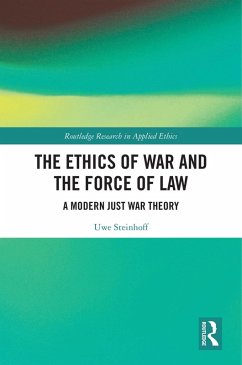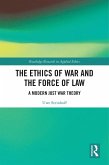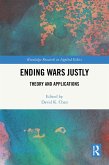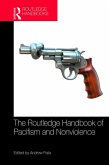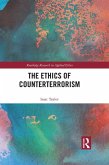Traditionalist, Walzerian, and "revisionist" approaches have dominated contemporary debates about the classical jus ad bellum and jus in bello requirements in just war theory. In this book, Uwe Steinhoff corrects widely spread misinterpretations of these competing views and spells out the implications for the ethics of war. His approach is unique in that it complements the usual analysis in terms of self-defense with an emphasis on the importance of other justifications that are often lumped together under the heading of "lesser evil." It also draws on criminal law and legal scholarship, which has been largely ignored by just war theorists. Ultimately, Steinhoff rejects arguments in favor of "moral fundamentalism"- the view that the laws and customs of war must simply follow an immutable morality. In contrast, he argues that widely accepted laws and conventions of war are partly constitutive of the moral rules that apply in a conflict.
The Ethics of War and the Force of Law will be of interest to scholars and advanced students working in just war theory, applied ethics, political philosophy, political theory, philosophy of law, and criminal and military law.
Dieser Download kann aus rechtlichen Gründen nur mit Rechnungsadresse in A, B, BG, CY, CZ, D, DK, EW, E, FIN, F, GR, HR, H, IRL, I, LT, L, LR, M, NL, PL, P, R, S, SLO, SK ausgeliefert werden.
"Steinhoff's book is not only analytically strong but also displays a thorough knowledge of the historical and legal dimensions of the Just War tradition and, importantly, utilizes this knowledge in the development of his own distinctive account. The result is a much-needed integration of philosophical analysis and legal scholarship." - Seumas Miller, Charles Sturt University, TU Delft and Oxford University
"Steinhoff's book is not only analytically strong but also displays a thorough knowledge of the historical and legal dimensions of the Just War tradition and, importantly, utilizes this knowledge in the development of his own distinctive account. The result is a much-needed integration of philosophical analysis and legal scholarship." - Seumas Miller, Charles Sturt University, TU Delft and Oxford University

